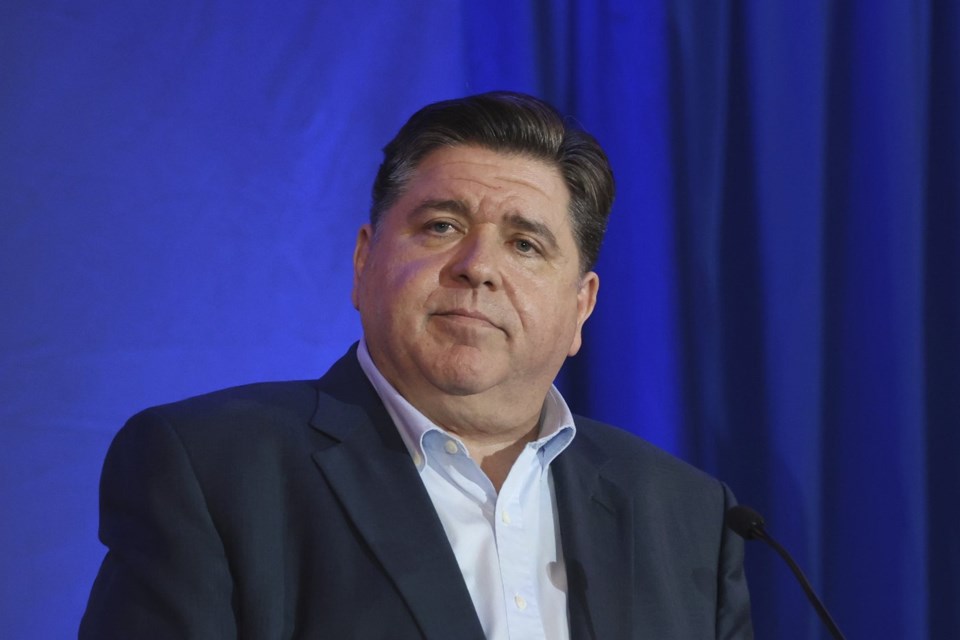SPRINGFIELD, Ill. (AP) — Illinois Gov. JB Pritzker has signed a first-in-the-nation executive order to block the federal government from collecting personal health data related to autism, a direct rebuke to the Trump administration.
Democrat Pritzker, who has been one of the more vocal critics of Trump's second administration, signed the order last week, saying he wanted to protect “dignity, privacy, and the freedom to live without fear of surveillance or discrimination.”
It came two days after U.S. Health and Human Services Secretary Robert F. Kennedy Jr. announced a plan to use data maintained by the National Institutes of Health, and claims submitted for Medicare and Medicaid coverage, to determine the causes of autism. While the agency did not release details of the plan, Kennedy promised it would follow “applicable privacy laws to protect Americans’ sensitive health information.”
Prior to his rise to health secretary, Kennedy joined anti-vaccine advocates in claiming childhood vaccines are responsible for autism, but studies by the U.S. Centers for Disease Control and Prevention and others have ruled that out.
Pritzker's executive order bans state agencies from disclosing “personally identifiable autism-related data” outside of state government unless the person or their guardian gives consent, it's required by legal action, it's necessary to provide services such as employment or housing or is otherwise required by law. State contractors, vendors and grant recipients are also covered.
“We are taking steps to ensure that our state remains a leader in protecting the rights of individuals with autism and all people with disabilities,” Pritzker said.
Andy Shih, chief science officer for Autism Speaks, a national advocacy group funding research and services, said he's unaware of a similar declaration elsewhere. And while Kennedy promises to abide by privacy guidelines, Shih said with advances in computational power and algorithmic thinking, what's private data today might not be tomorrow.
Government investigators could use some techniques to get more information than what is previously disclosed. In the wrong hands, it could be used against patients to deny them constitutionally protected rights.
“There’s always that concern,” Shih said. “Being proactive to protect privacy, which is something we value as a society, this should be applauded.”
Kennedy has previously said he wants to be able to announce by September some of the causes of autism, a complex brain disorder better known as autism spectrum disorder because it affects people differently. For some people, profound autism means being nonverbal or having intellectual disabilities, while milder cases might mean difficulty with social and emotional skills.
Experts say Kennedy’s planned database isn’t appropriate to uncover autism’s causes in part because there’s no information about genetics. However, Shih noted that Health and Human Services' announcement was about creating a platform to help understand a range of chronic illnesses, which he said could be useful.
Shih added that linking data sets is a proven way of studying issues of health. He pointed to a study published earlier this year in the Journal of the American Medical Association that found dementia in significantly higher numbers among autistic adults over age 65 than the general population. It was achieved by linking numerical identifiers from two different data sets.
John O'connor (), The Associated Press



